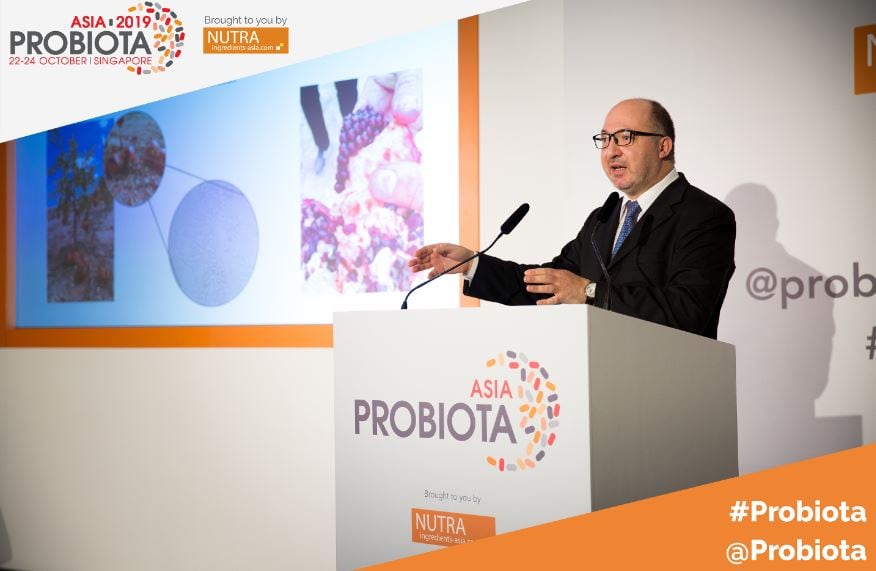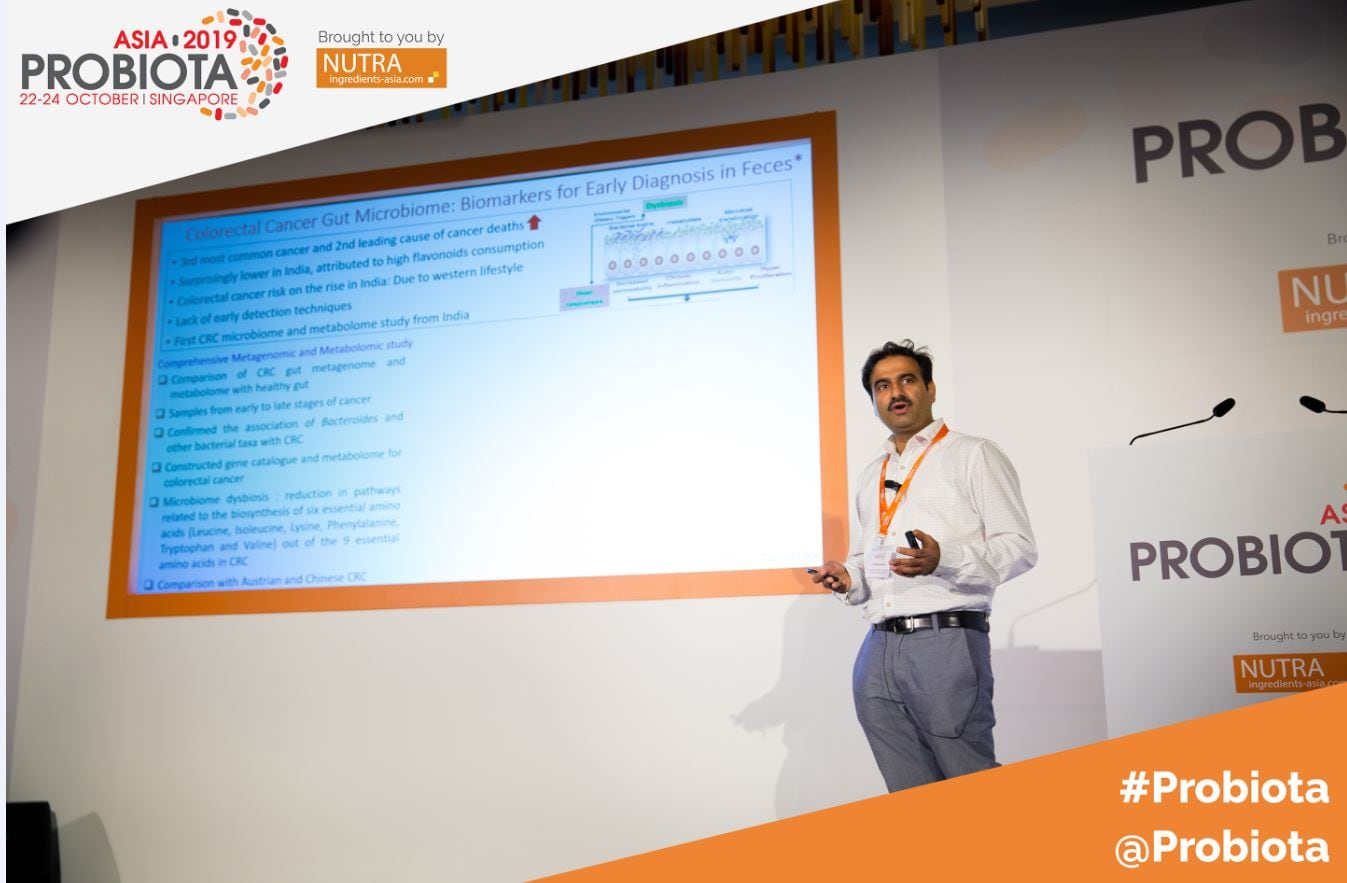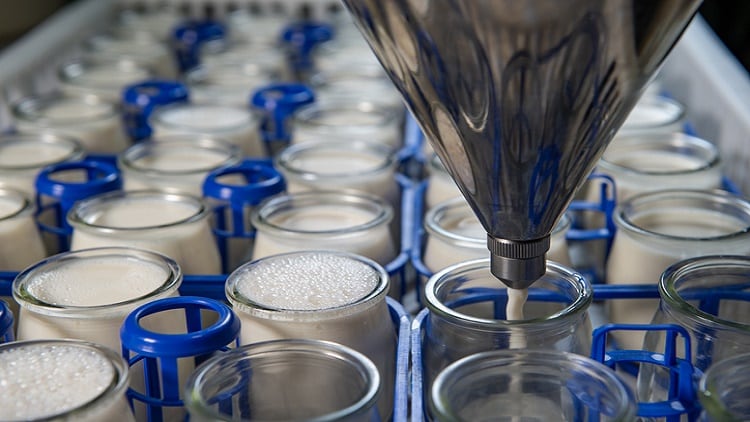This is according to Dr. Bejit Ideas, president at the Japanese Society of Anti-Ageing Nutrition, who spoke at our recent Probiota Asia Summit held in Singapore.
He began by explaining how his interest in metabolites stemmed from work on the microbiota of elderly Japanese subjects.
Study on centenarian microbiota
In a study evaluating the gut microbiota of centenarians, 24 subjects were divided into Group 1 (healthy centenarians above 100 years) and Group 2 (elderly adults between 70-90 years, without any known disease, and antibiotic/probiotic intake before one month of start of experiment).
They collected faecal sample, and isolated gut bacteria using nutrient plate culture. The genus and species were identified using 16S rDNA isolation and PCR techniques.
The results suggested that centenarians have a higher microbial diversity compared to elderly adults, such as Enterobacteriaceae gram positive, veillonellaceae and bacteroidetes among others.
The researchers found that the gut microbiota in centenarians metabolised protein and amino acids to form p-cresol-sulfate (PAG) and phenylacetylglutamine (PCS).
The findings also indicated that centenarians have higher amount of set of metabolites like PAG, PCS and 2–hydrdroxybenzoate (2-HB), which are all known metabolic markers of longevity.
2-HB has anti-inflammatory activity, and can inhibit cyclooxygenase activity (COX-2) which produces proinflammatory cytokines.
The firm is currently filing for patent.
Beneficial metabolites
Ideas said fermentation of centenarian bacteria can provide a large variety of active metabolites that target mitochondria gene expression through the activation of CytC oxidase, SIRT-1, AMPK signalling pathways.
These included PGC1-α (Peroxisome proliferator-activated receptor gamma coactivator) which is the central inducer of mitochondrial biogenesis, NRF-1 (Nuclear Respiratory factor-1), the key regulation of respiration process, and mt TFAM (Mitochondrial transcription factor A) which is the mitochondrial key transcription activator.
He said these microbiota metabolites can promote mitochondria biogenesis and fat burning through gene expression.
For instance, the short chain fatty acids can induce gene expression, increase fat oxidation by mitochondria, and decrease lipid storage.
Reprograming gene expression
Idea has developed a metabolite production system using an artificial intelligence model based on epigenetics, allowing the replication of the human microbiota dynamics and develop semi-personalised nutrition for the masses.
He explained one application was for lactose sensitive induced acne.
Proteins in milk whey and casein release a hormone IGF-1 during metabolism. This hormone triggers acne breakouts and increase P. acnes microbiota in the skin.
In healthy people, the microbiota present on the skin include Clostridia +, Lachnospiraceae +, Ruminococcaceae genera +.
But in people with acne, Firmicutes -, and Bacteroidia + are present.
Ideas said: “People with acne vulgaris have dysbiosis and imbalanced gut microbiota.”
He conducted a study on fermenting pomegranate fruit to achieve specific metabolite to modulate skin microbiota.
In the study, pomegranate fruits were left to decompose under the pomegranate plant to enrich the microbiota of the pomegranate. He discovered a specific bacteria strain on the pomegranate fruit which was used to ferment the whole pomegranate fruit in order to obtain unique metabolites.
A randomised double-blind, placebo-controlled, was conducted, and pomegranate metabolites were administered orally for four weeks.
The findings observed a 25% reduction of P. acnes in the treatment group (metabolities).




